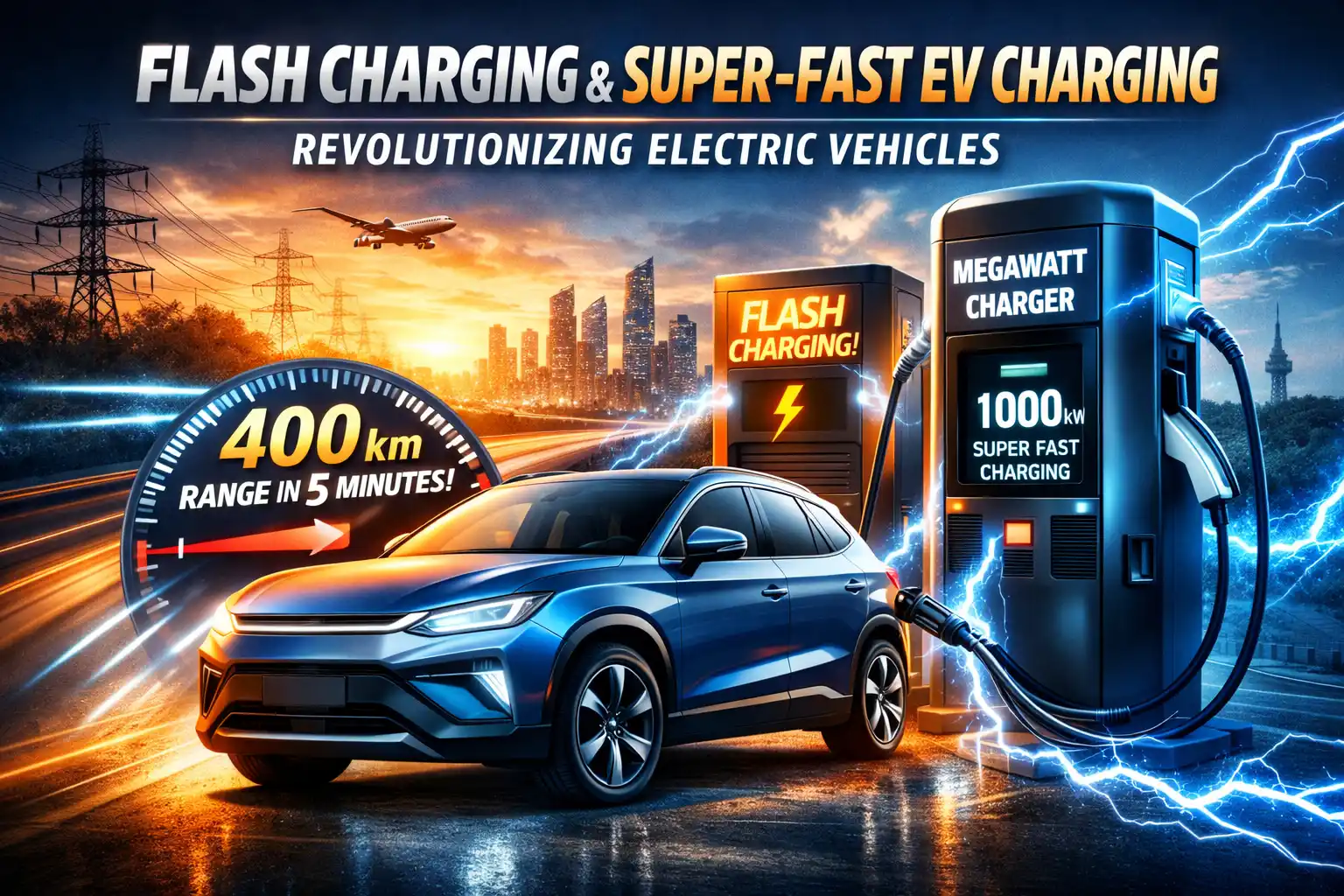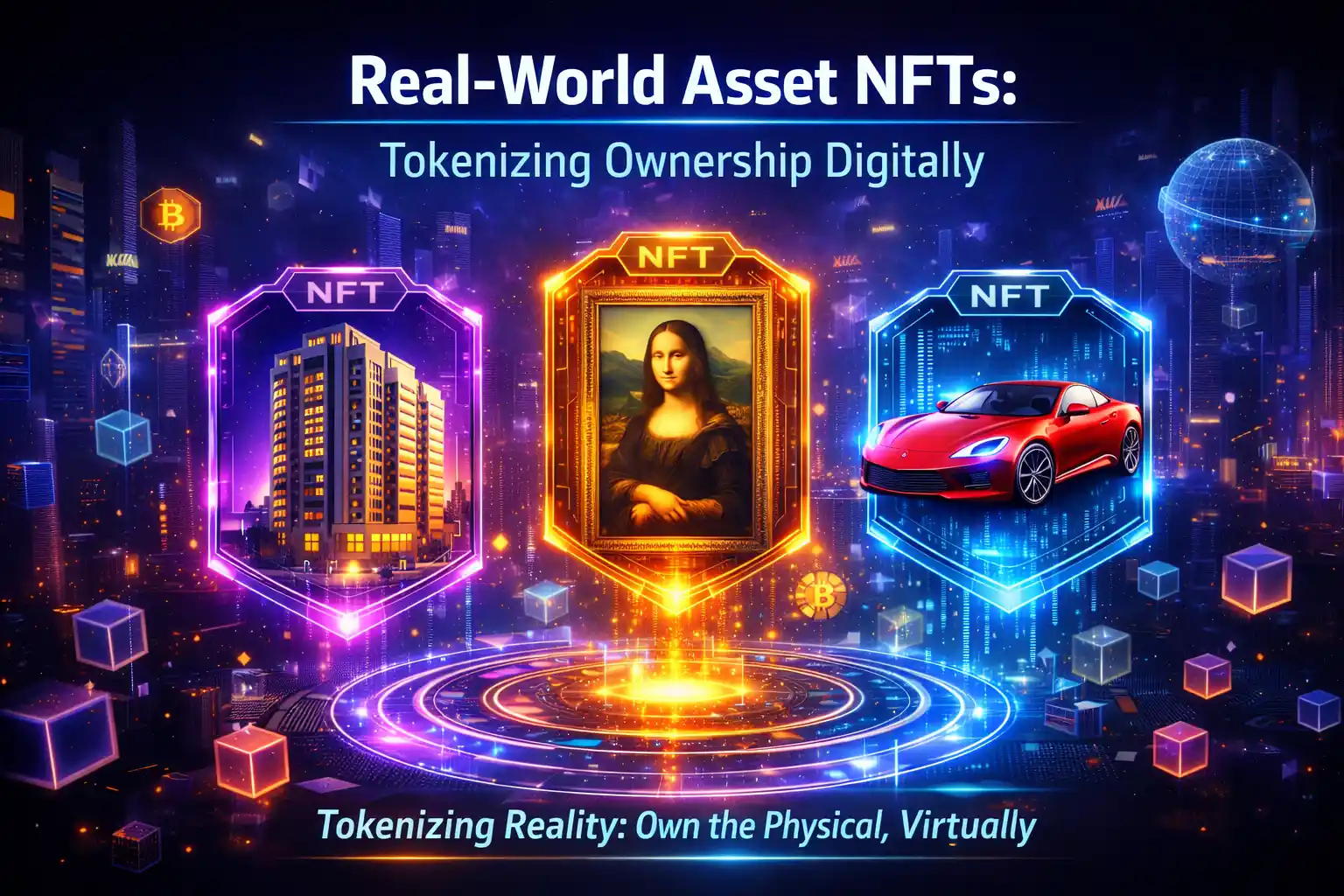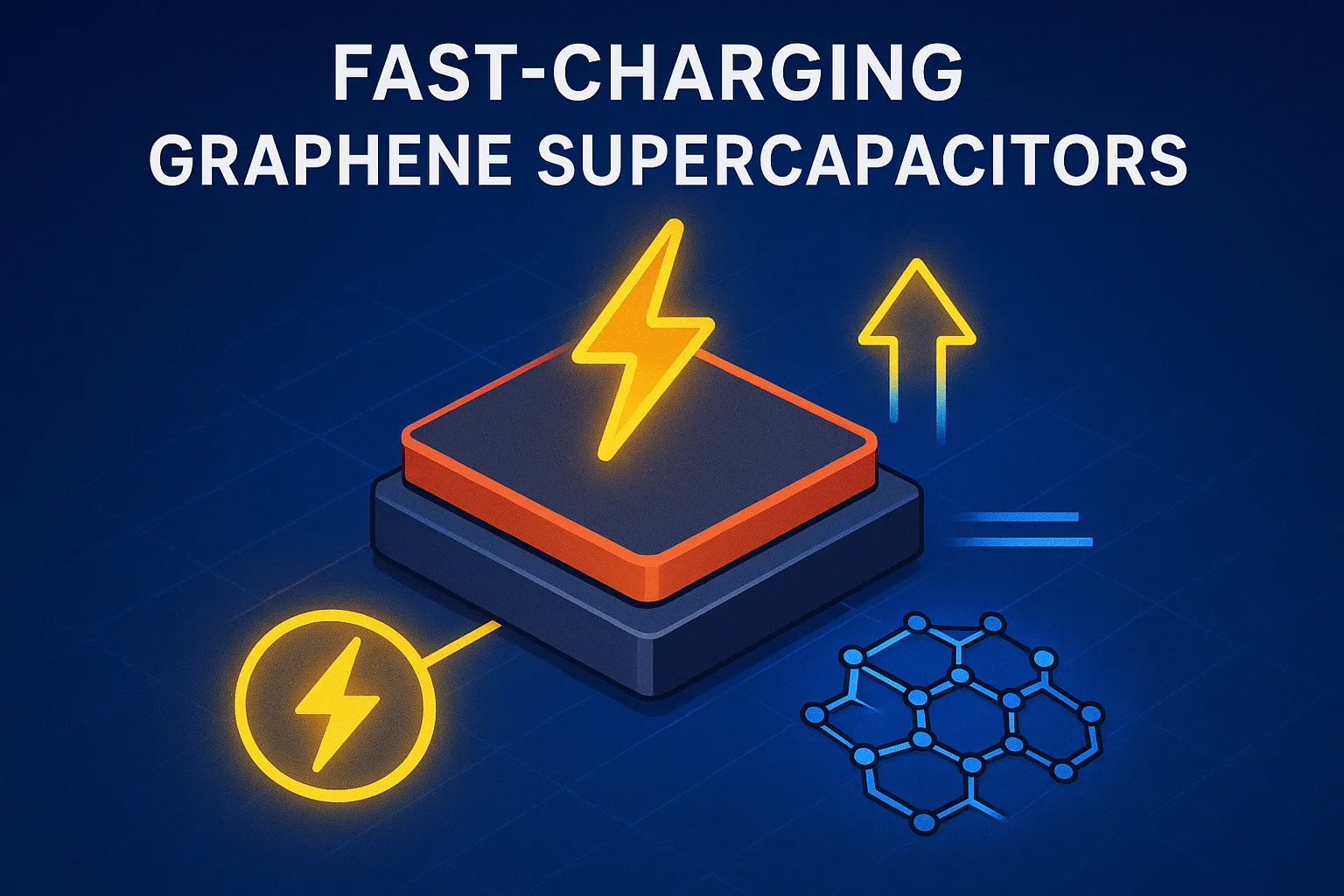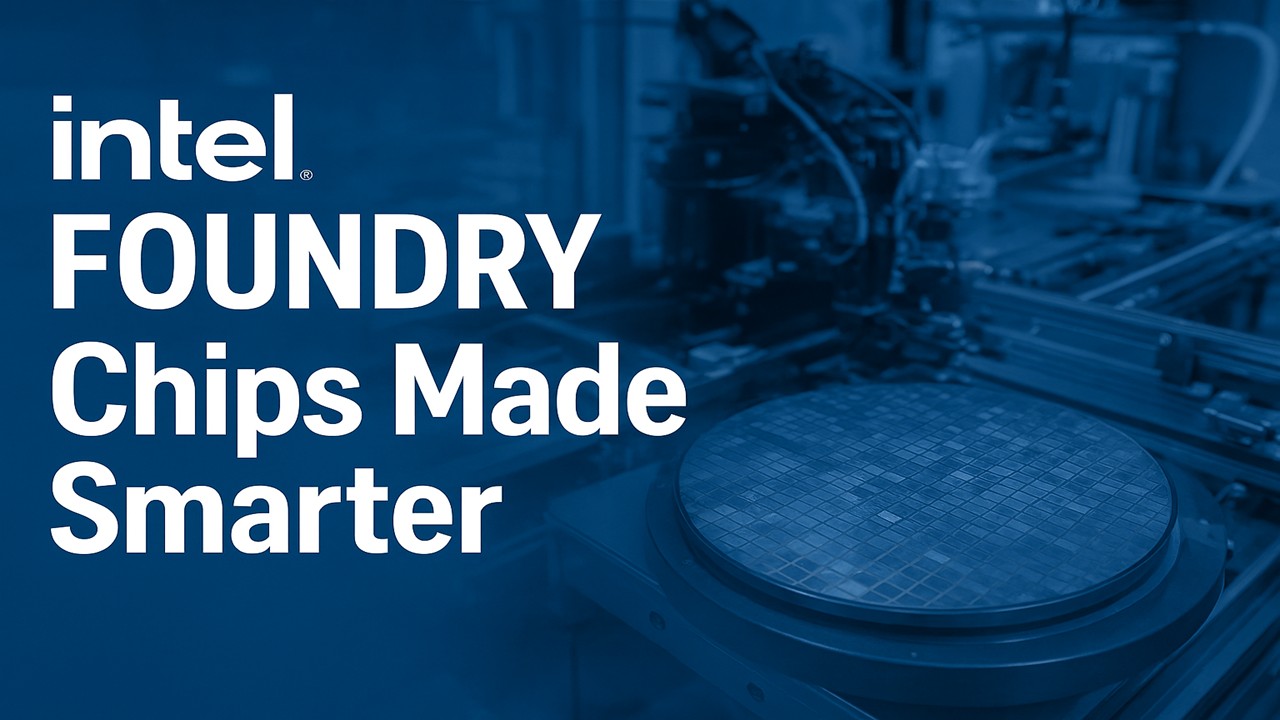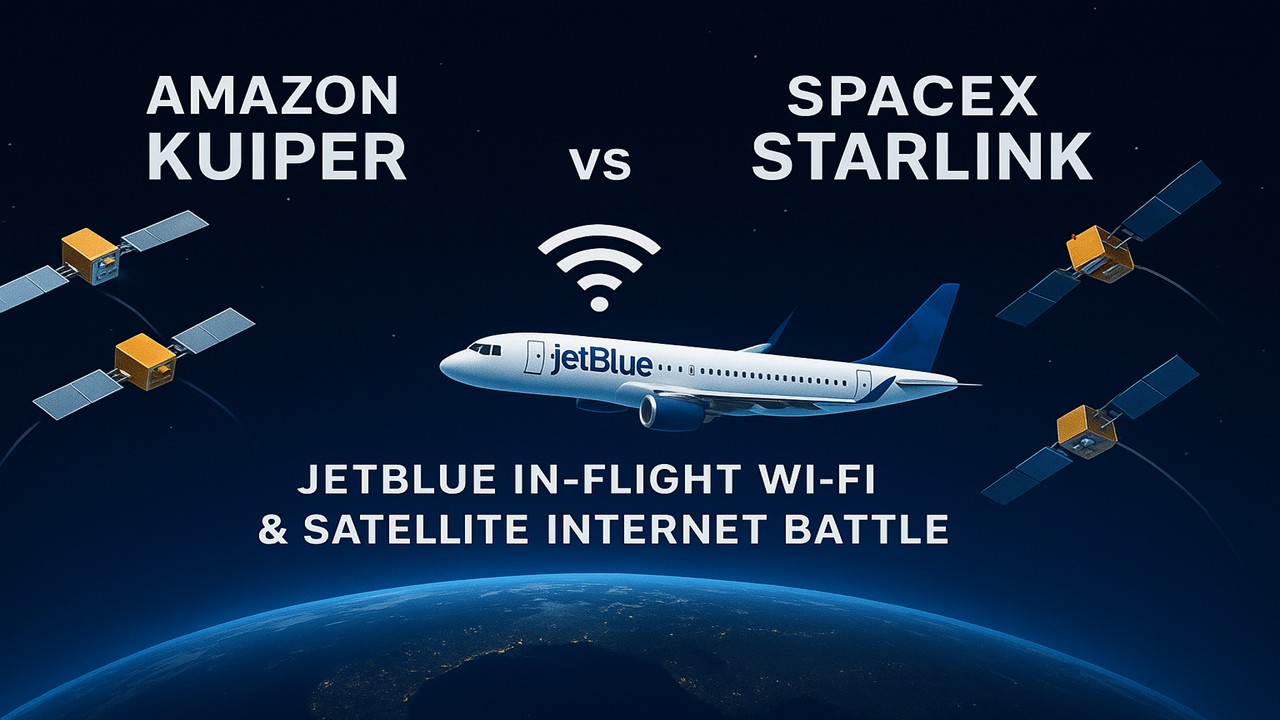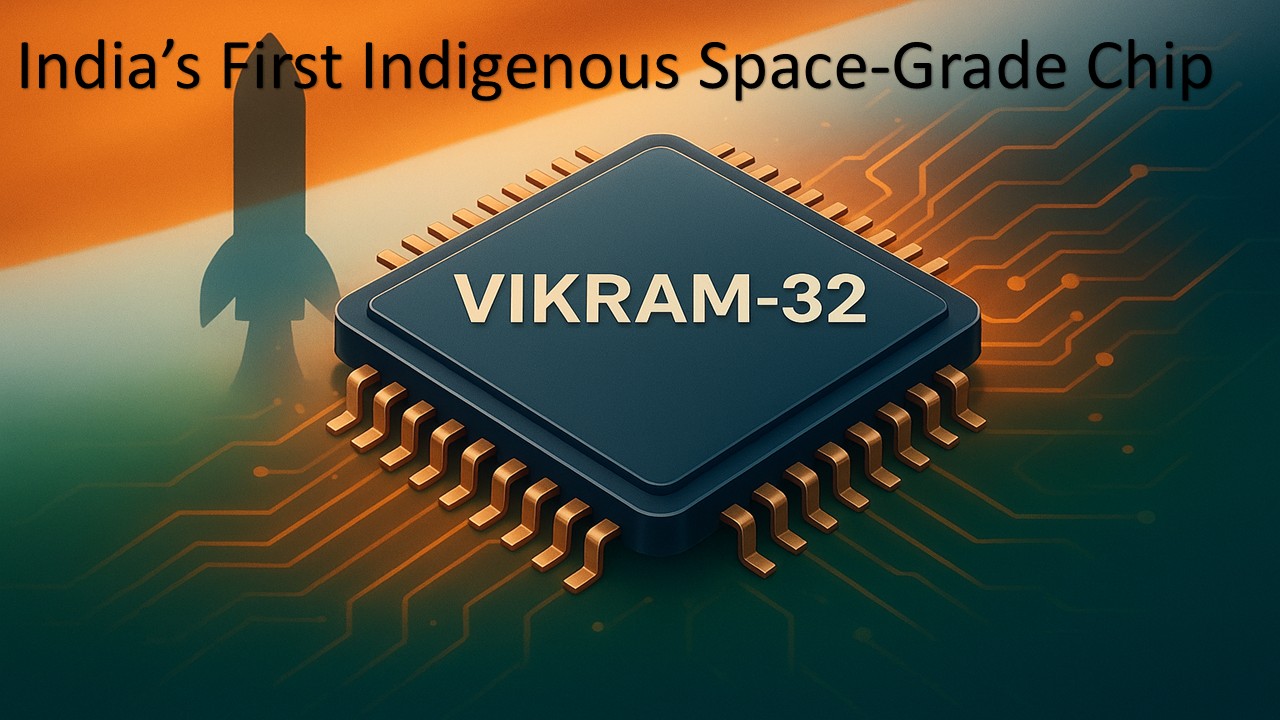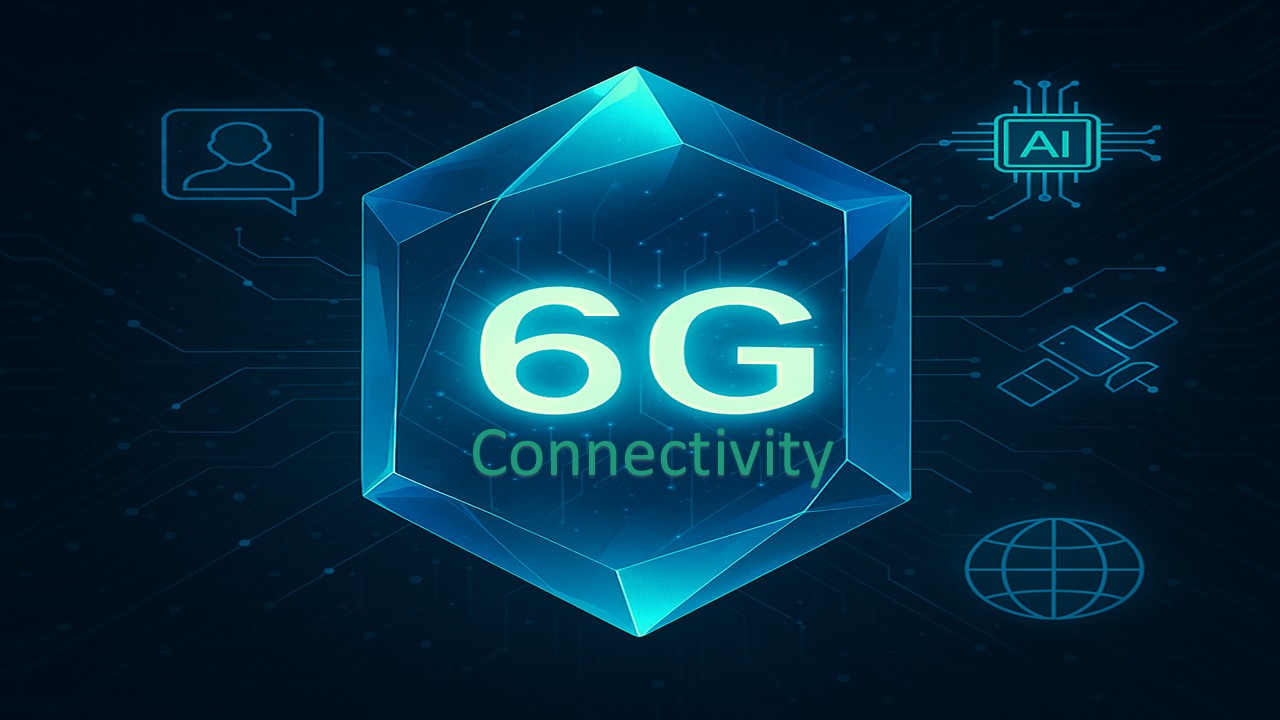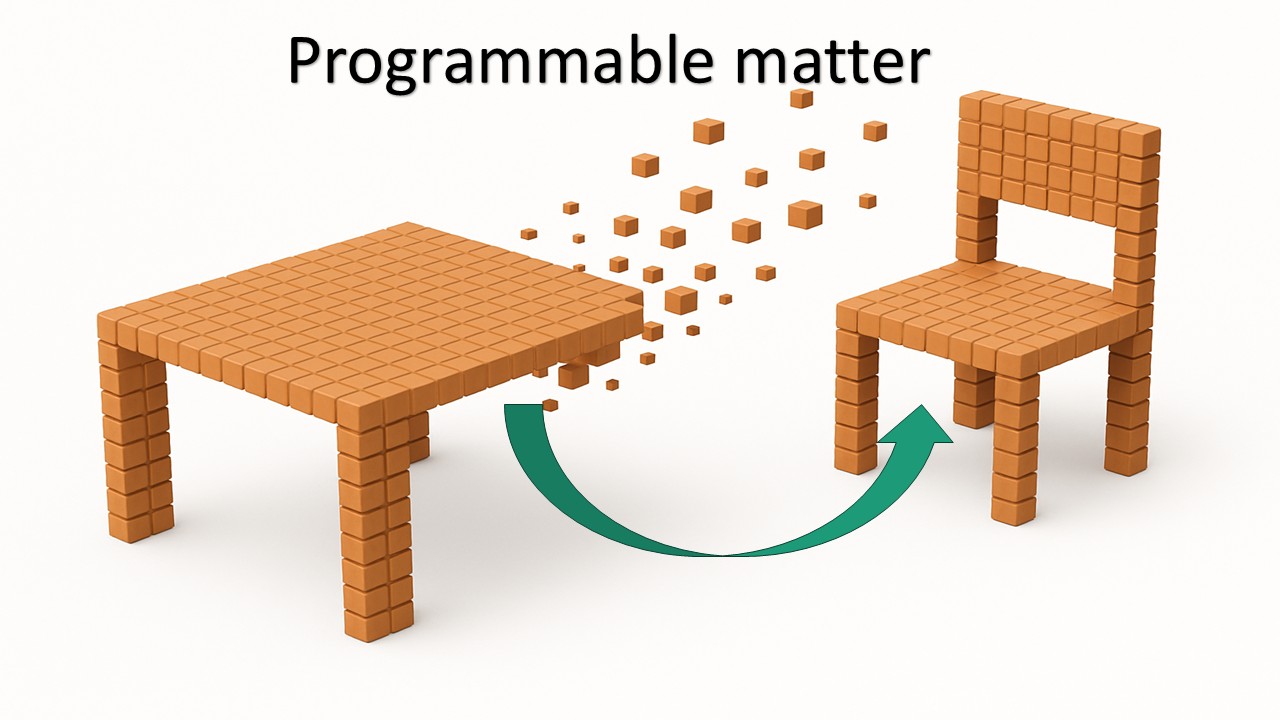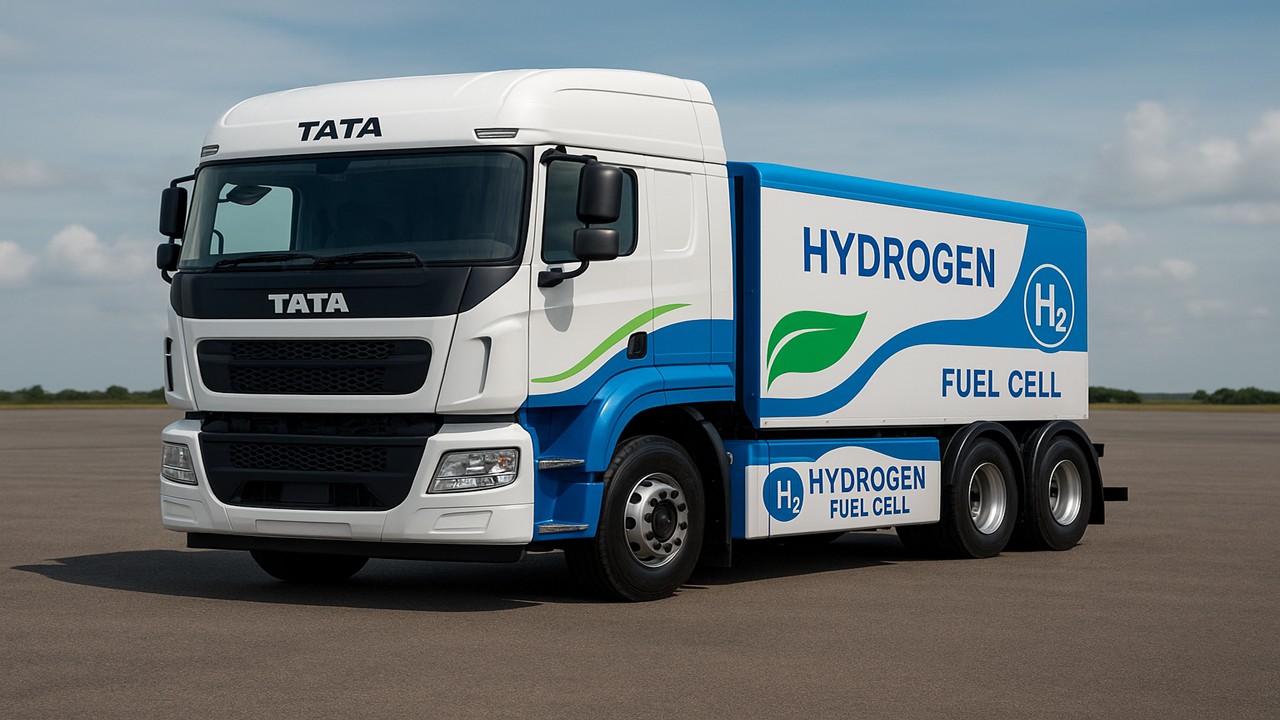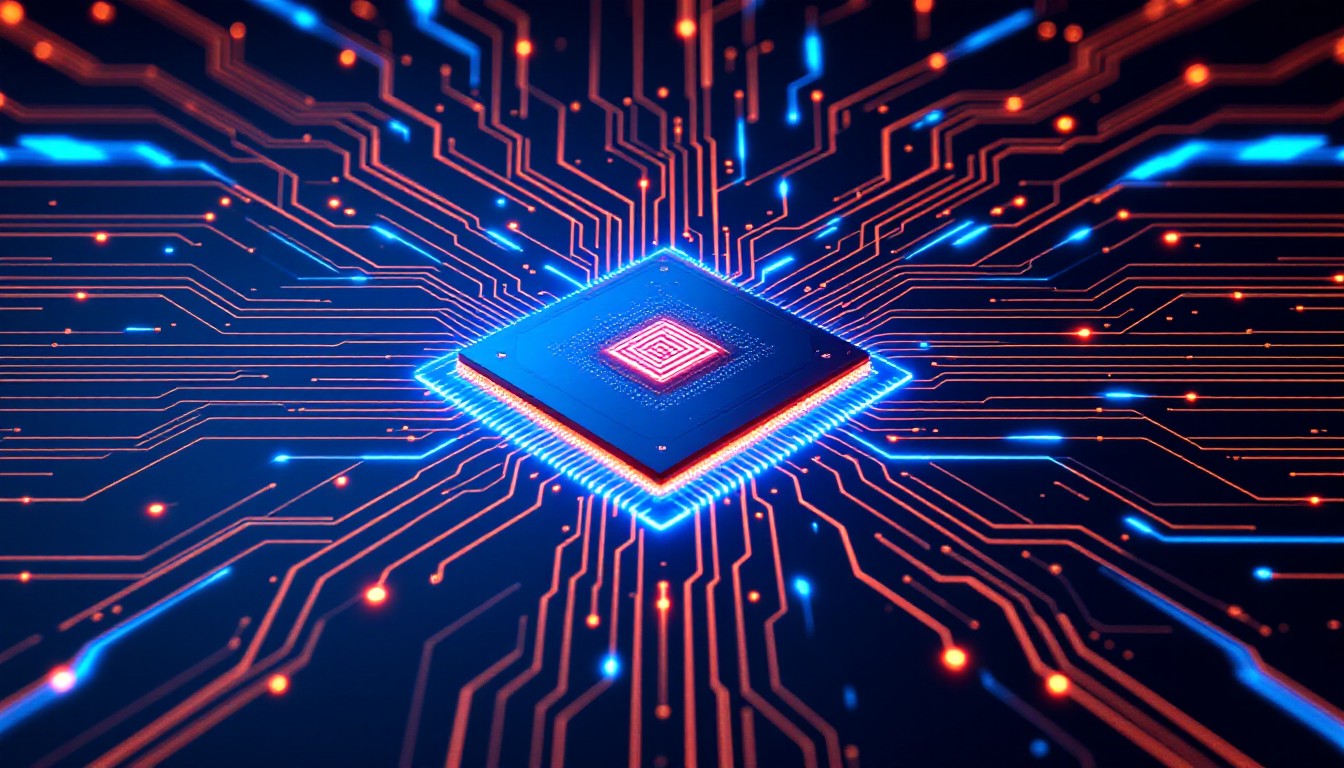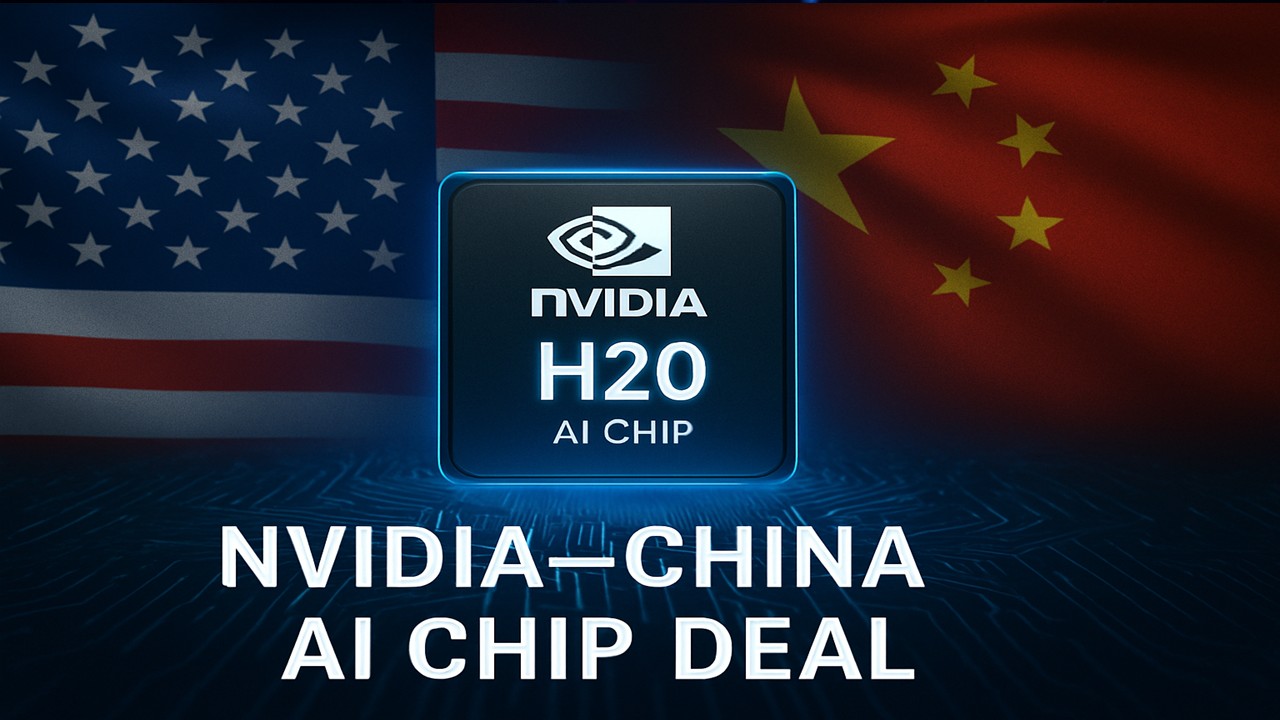
हिंदी में पढ़ने के लिए मेनू बार से हिंदी भाषा चयन करें।
- Nvidia gets U.S. approval to sell its H20 AI chip to Chinese companies after months of export restrictions.
- The H20 chip is slightly less powerful than Nvidia’s top models but still suitable for China’s AI needs.
- In exchange, China will supply rare-earth materials to the U.S. as part of a trade-off.
- Nvidia may earn up to $20 billion in revenue from this renewed access to the Chinese market.
- Chinese firms like Alibaba, Tencent, and ByteDance will continue using Nvidia’s CUDA platform.
- The U.S. aims to maintain technological influence while preventing China from becoming fully self-reliant in AI chips.
- This deal is seen as a strategic balance between national security and business opportunity.
Washington/Santa Clara, July 15, 2025 — Global chipmaking giant Nvidia has received permission from the U.S. government to sell its H20 AI chip to Chinese companies. The approval, granted with specific conditions, opens the door for Nvidia to re-enter the massive Chinese market, potentially generating billions in revenue. For China, the move comes as a relief amid its growing need for advanced AI hardware.
What is the H20 Chip?
The H20 is an advanced AI-focused GPU developed by Nvidia, specifically tailored for the Chinese market. It is designed for high-performance tasks like machine learning, data processing, and AI model training. Although less powerful than Nvidia’s top-tier chips like the Blackwell B200 and Hopper H100, the H20 is still more than capable of supporting the AI infrastructure of China’s leading tech companies.
The chip runs on Nvidia’s CUDA platform, a trusted and widely adopted software framework in the AI community, making it highly compatible and performance-efficient.
What Happened Before?
Due to rising tensions between the U.S. and China over technology control, the U.S. government had already restricted the export of Nvidia’s most powerful AI chips to China since 2022. In early 2025, restrictions were extended to include the H20 chip as well. This led to Nvidia facing a potential $2.5 billion (₹20,000 crore) loss, with a large inventory of H20 chips stuck in warehouses and the company losing market share in China.
How Did the Approval Happen?
In July 2025, Nvidia CEO Jensen Huang held meetings with U.S. Commerce Secretary Howard Lutnick and U.S.President Donald Trump. Following discussions, the U.S. government approved the sale of the H20 chip under specific trade terms. As part of the agreement, China will supply rare-earth materials (used in electronics and clean tech) to the U.S.
According to U.S. officials, the H20 chip is not powerful enough to pose a national security threat, making it a “safe middle ground” in terms of technology sharing.
Why Doesn’t China Make Its Own Chips?
Despite being a global tech leader, China is still not fully self-reliant when it comes to high-end AI chips. Companies like Huawei have developed domestic alternatives (e.g., the Ascend series), but these chips have yet to match Nvidia’s performance, stability, and widespread software support.
More importantly, Nvidia’s chips are deeply integrated into the software stacks of major Chinese firms like Alibaba, Tencent, and ByteDance. Switching to domestic chips would mean overhauling entire AI systems, which is expensive, risky, and time-consuming. So, while China is making progress, it still relies on Nvidia to meet immediate needs in large-scale AI development.
What Does This Mean for Nvidia?
With this approval, Nvidia can resume supplying chips to major Chinese firms. Analysts estimate that Nvidia could earn up to $20 billion (₹1.6 lakh crore) annually from H20 chip sales in China. The company’s stock price surged 4–5% following the news, and previously unsold inventory can now be shipped and monetized.
This move significantly strengthens Nvidia’s global dominance in the AI chip market while restoring its foothold in the world’s second-largest economy.
What’s the U.S. Strategy?
The U.S. doesn’t want China to become fully self-sufficient in advanced AI chips. By allowing the sale of a less powerful yet capable chip, the U.S. ensures that Chinese firms remain dependent on American technology, especially platforms like CUDA.
This approach helps slow the progress of domestic Chinese chipmakers like Huawei and MetaX, while allowing U.S. firms like Nvidia to benefit economically without compromising national security.
Conclusion
The approval of H20 chip exports marks a significant strategic and commercial win for Nvidia. It allows the company to regain access to China’s massive AI market, recover losses from previous restrictions, and continue driving its revenue growth. At the same time, it reflects a balanced U.S. policy — limiting high-end technology access while maintaining influence in the global tech supply chain.
For China, this deal brings relief, enabling its top companies to maintain their AI momentum without overhauling entire systems. And for the world, it shows how tech diplomacy is shaping the future of artificial intelligence.
Sources: Business Insider, Reuters, MarketWatch, AP News








